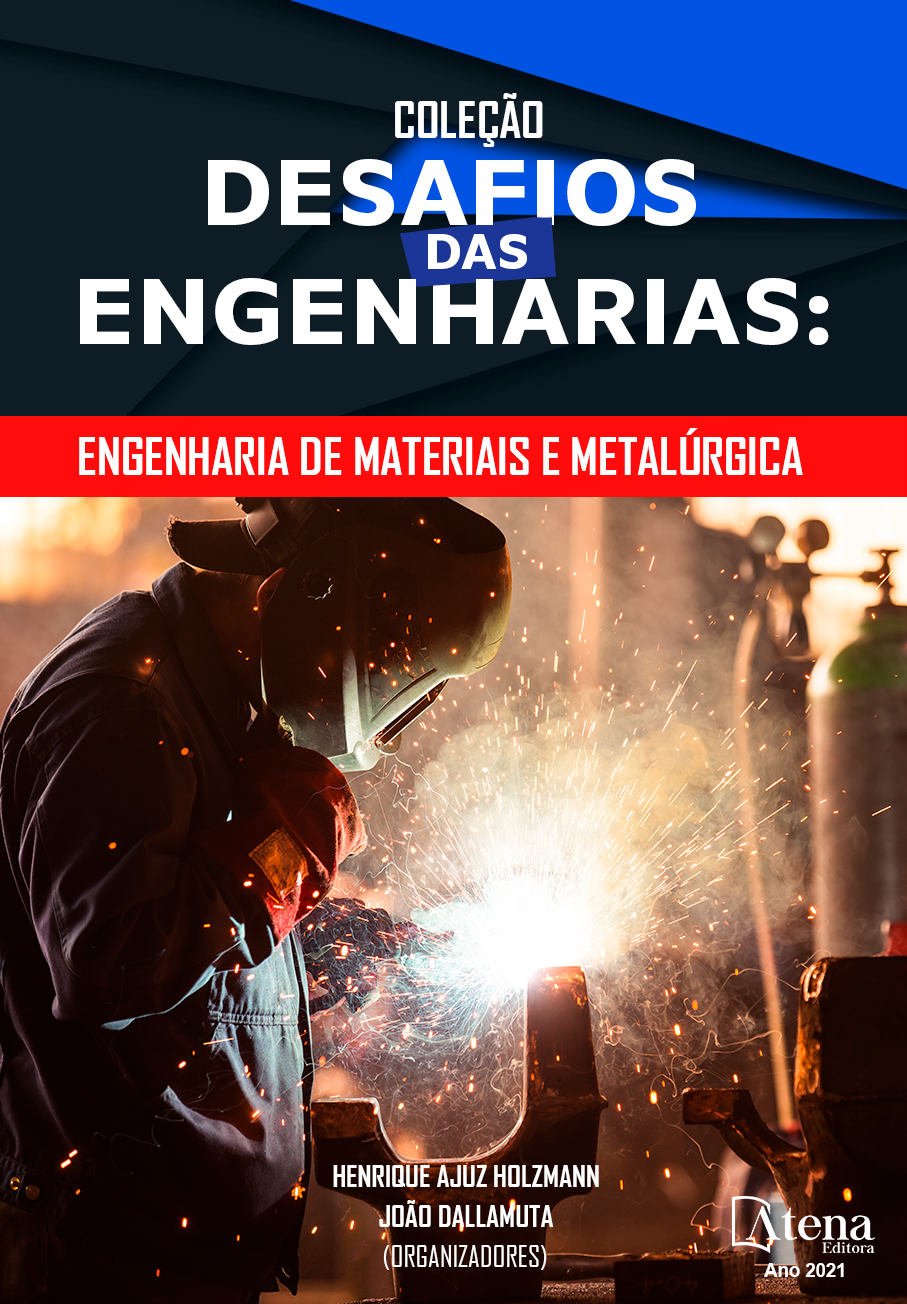
COMPORTAMENTO EM FADIGA DA LIGA TI-30TA APÓS TRATAMENTO ALCALINO E TÉRMICO - APLICAÇÕES BIOMÉDICAS
Nos últimos anos, titânio e suas ligas têm sido amplamente estudados com o objetivo de acelerar e melhorar o processo de osseointegração por meio de alterações superficiais. O tratamento alcalino e térmico é um método típico de modificação da superfície, responsável pelo surgimento de uma camada microporosa de óxidos bioativos. No entanto, é importante lembrar que os implantes trabalham sob a ação de carregamentos mecânicos complexos e que, em várias situações, é bastante comum a ocorrência de falhas por fadiga. Uma vez que a superfície do implante está sujeita a maiores solicitações que qualquer outra parte, suas características são muito importantes. O objetivo da presente pesquisa é estudar a influência da alteração de superfície, por meio da realização do tratamento alcalino e térmico, no comportamento em fadiga da liga Ti30Ta. O trabalho foi iniciado com a fusão dos elementos da liga em forno a arco voltaico em atmosfera de argônio, seguido de tratamento térmico e forjamento rotativo. Para o estudo de fadiga foram confeccionados corpos de provas padrão. A modificação da superfície foi realizada por meio do tratamento alcalino em solução de NaOH 1,5 M e tratamento térmico. Posteriormente, os corpos de prova foram ensaiados em fadiga. A caracterização utilizou técnicas de microscopia óptica, microscopia eletrônica de varredura, difração de raios X, rugosidade e ângulo de contato. Os resultados obtidos sugerem que a modificação da superfície, dentro das condições realizadas, não influenciou no desempenho mecânico da liga Ti30Ta.
COMPORTAMENTO EM FADIGA DA LIGA TI-30TA APÓS TRATAMENTO ALCALINO E TÉRMICO - APLICAÇÕES BIOMÉDICAS
-
DOI: https://doi.org/10.22533/at.ed.9032112077
-
Palavras-chave: Fadiga. Ligas de titânio. Tratamento alcalino. Propriedades mecânicas. Biomateriais.
-
Keywords: Fatigue. Titanium alloys. Alkaline treatment. Mechanical properties. Biomaterials.
-
Abstract:
In recent years, titanium and its alloys have been studied in order to accelerate and to improve the osseointegration process by superficial changes. Alkaline and heat treatment is a typical method of surface modification by surface deposition of bioactive oxides with a porous surface. However, it is important to remember that the implants work under the action of complex mechanical loads and the occurrence of failures due to fatigue is quite common in many situations. Since the surface implant is subject to greater demands than any other part, its characteristics are very important. The goal of this research is to study the influence of modification surface on the fatigue behavior of the Ti30Ta alloy. This work was started with the experimental alloy obtained by melting of the elements in a voltaic arc furnace, heat treatment and cold work. For the fatigue study were prepared specimens. The surface modification was carried out by alkaline treatment using NaOH solution 1,5 M and heat treatment. Later, the specimens were tested in fatigue. The characterization was performed using optical microscopy, scanning electron microscopy, X - ray diffraction, roughness and contact angle. The results obtained suggested that surface modification did not affected the Ti30Ta alloy mechanical performance.
-
Número de páginas: 17
- Valdir Alves Guimarães
- Ana Paula Rosifini Alves Claro
- Kerolene Barboza da Silva


